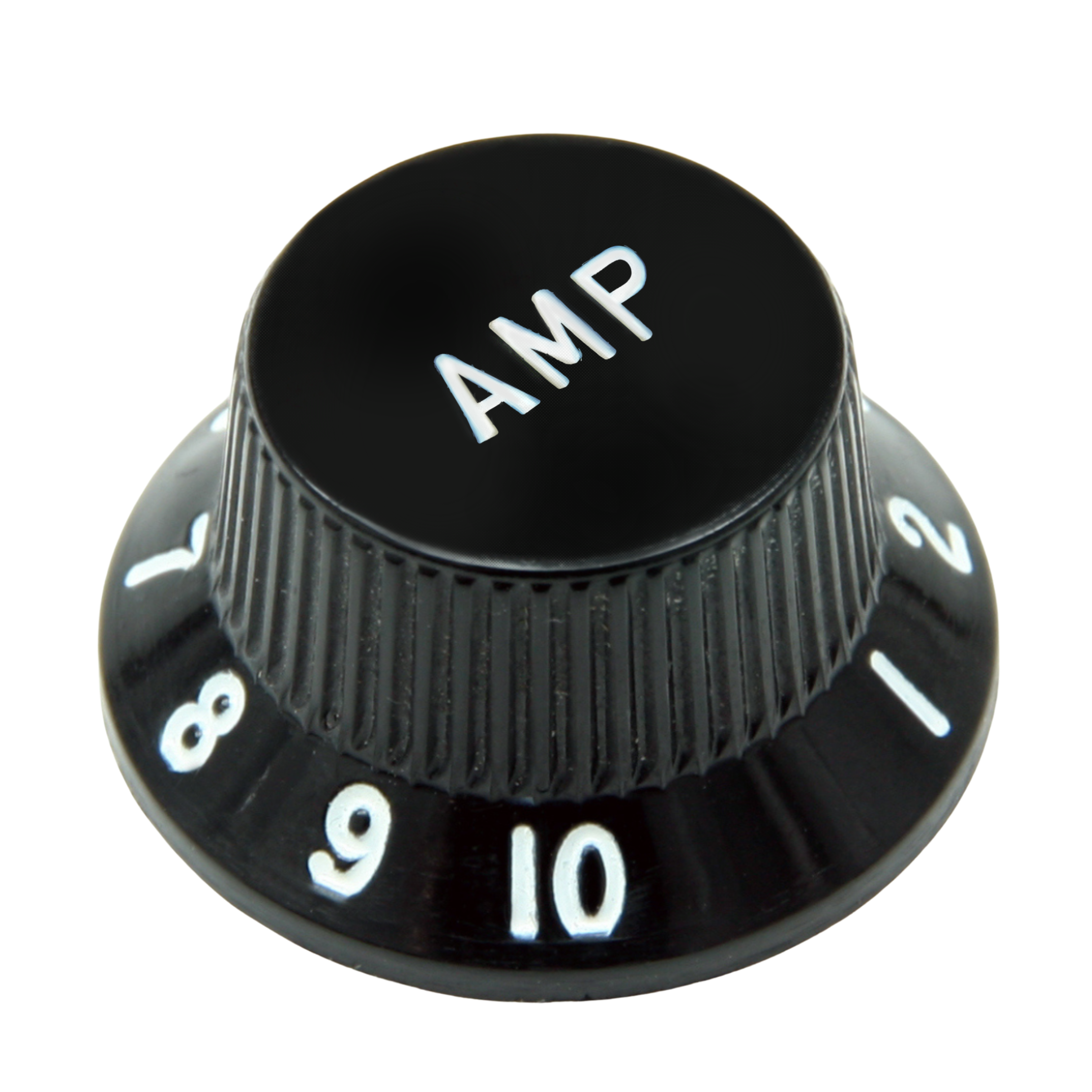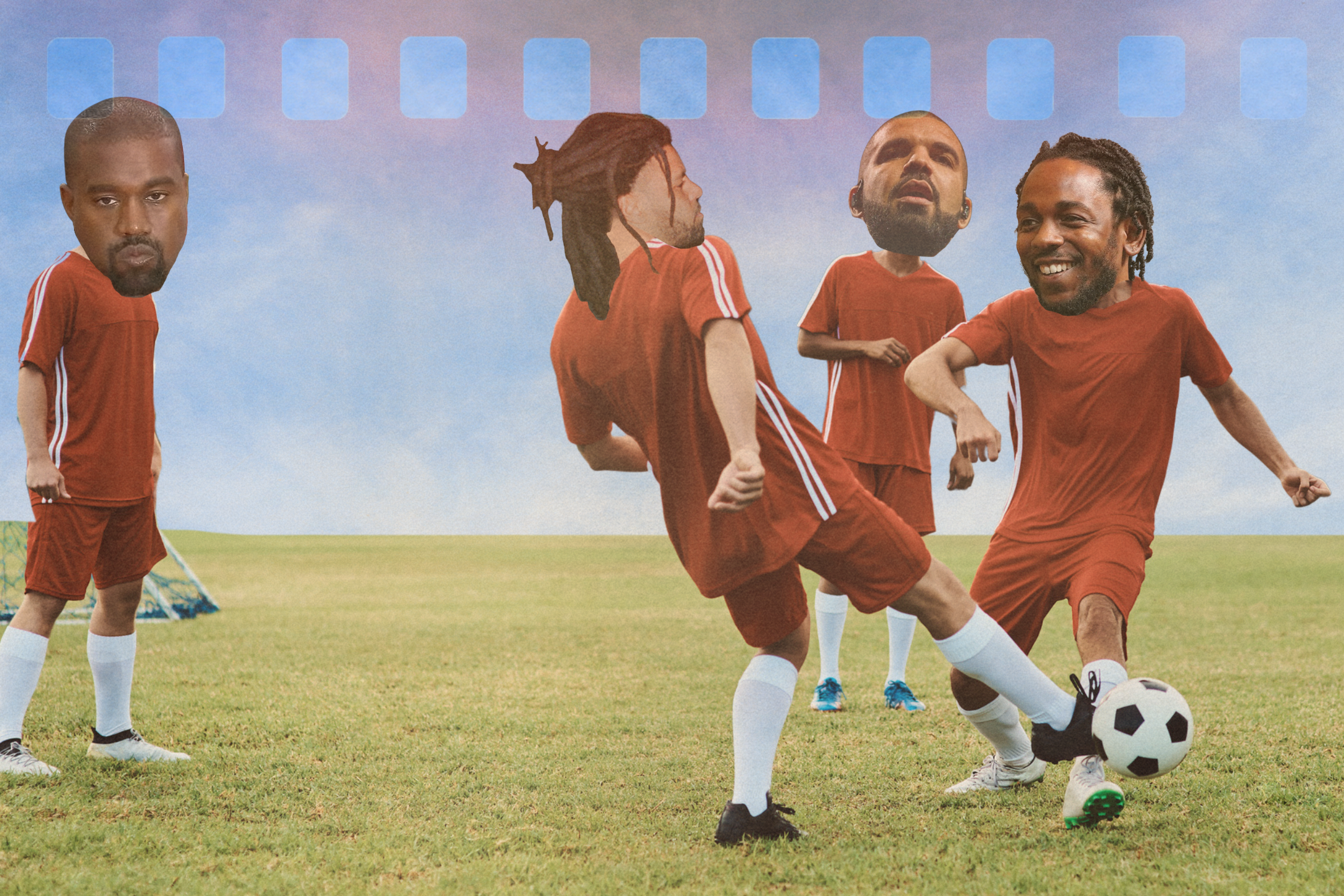Drake’s Refusal to Play the Game That Made Him
Drake steps onto the RAC Arena stage in Perth, Australia, riddled with bullet holes that do not bleed. Here, his wounds do not ooze, but huff and puff wisps of smoke as if the shots fired left nothing but residual heat—the embers of a hip-hop beef never truly caught flame. Here, he is free to bask in his long-faded glory, insisting upon the same sensitive, self-loathing yet paternalistic and impenetrable playboy persona that once defined him. He insists upon this view, and from a land down under, everything wrong in his life flips right side up. It’s a topsy-turvy refusal to perform one of the most beloved acts in all—a comeback story.
The cycle of artistic deconstruction and reconstruction is the sacred rhythm of the culture’s perpetual rebirth, as integral to the mythos as the storied hip-hop beefs themselves. It is a competitive sport, not only against one’s peers but against the self, where the greatest artistic revelations emerge through subversion—through the bold act of redefinition, the conscious reckoning with one’s public failures and the willingness to resurrect from the ashes of past missteps. Conflict in hip-hop is not destruction for its own sake but the sharpening of one’s artistry, the pushing of limits and the forging of something purer in the fire of opposition. There is no anointing in merely wounding an opponent—true victory lies in compelling them to rise again, refined, unshaken, baptized in the lessons of struggle. To channel that incendiary, revolutionary spirit inward, to bear witness to one’s own sins and emerge renewed—that is the true measure of an artist’s calling in the sacred sport of hip-hop, where every verse is a confession, reinvention a resurrection and fall a prelude to an ascension.
Kanye West (2010)
The only figure as universally reviled as Drake in hip-hop right now is Kanye West, whose self-destructive outbursts and deeply antisemitic, racist and misogynistic posturings of expressive freedom have rendered him as much a persona non grata as the certified pedophile himself. While Kanye West’s public persona is done and dusted, it wasn’t long ago that he found himself as an in-rehabilitation asshole after the fallout from the infamous VMAs interruption with Taylor Swift. As the oft-told tale goes, he retreated into self-imposed exile in Hawaii before reasserting himself in the face of overwhelming critique and hatred with My Beautiful Dark Twisted Fantasy. The haunting, monastic chants on “Dark Fantasy” questioning both assertively and skeptically, can we get much higher?; the mournfully triumphant climax of “Runaway;” his cinematic, neigh, operatic “toast for the assholes”—MBDTF revels in its contradictions. Braggadocious yet self-critical, indulgent yet guilt-ridden. People still cling to an album like Dark Fantasy because, for its time, it hailed a reconstruction just as spectacular as the self-destruction that birthed it.
Jay-Z (2017)
With Lemonade (2016), Beyonce dished her husband—hip-hop’s modern-day godfather Jay-Z—constructing a cultural flashpoint that rivals Kendrick’s “Not Like Us” response to Drake. Lemonade was a moment of cultural rupture, a seismic artistic event where Beyoncé did not just hint at Jay-Z’s infidelities but dragged them into the light on the world’s stage, our collective jaws hitting the floor. With 4:44 (2017), his answer was a direct, unembellished “I apologize.” The album itself is Jay-Z wrestling with the weight of what he owes not just to Beyoncé, but to his children, to the culture he helped shape and to the generations that will inherit his influence. The man who once embodied the “Fuck you, pay me” ethos reconfigured it into something entirely different: “Fuck payin’ me, I pay you, put the rest away for Blue.” 4:44 is surrender, an acknowledgment that true power is not in accumulation but in repair and preservation.
Kendrick Lamar (2022) & J. Cole (2014)
Even Drake’s great adversary Kendrick Lamar once took the opportunity to knock himself off the pedestal with Mr. Morale & The Big Steppers (2022)— a sprawling double-disc meditation on trauma, generational cycles and personal accountability that practically anticipates and unpacks many of the shots Drake would hurl at him (the infidelities, vices, ego) with unflinching honesty. Tracks like “Father Time” tackle deep-seated emotional repression, while “We Cry Together” plays out like an uncomfortably stark recording of toxic relationships. Kendrick’s self-deconstruction is a preemptive neutralization of criticism that exposes his contradictions before anyone else can.
On the other side of the ring, J. Cole steeps his reputation in transparency, speaking directly to the downtrodden struggles and awkwardness of mortal men. His most beloved work, 2014 Forest Hills Drive (2014), has gained a deep and intimate chokehold on fans for the lush and articulate musings of someone who is no “ball player, star player,” but a benchwarmer “watching from the side,” trying to find his role in this world. Cole unleashes one of the richest, sweeping beats ever produced, angelic choruses and thumping drums underlying quite literally an ode to losing one’s virginity in all its blissful awkwardness.
Drake’s latest album falters, failing to undergo the kind of self-deconstruction, meditative examination or artistic rebirth that the greatest hip-hop champions have embraced. A collection of $ome $exy $ongs 4 U (2025) is yet another retreat into the very excesses of sex, dollar signs and pubescent posturing that have continued to mark Drake as a cultural pariah. At 38, calling himself “the boy” and pleading “you hoes” for affection on the aptly titled “Gimme a Hug” is just not a flex, especially with a hug-starved boy of his own waiting back home. You can tell by the way Drake mulls over the decades-old impact of “Marvin’s Room” and literally narrates a beat switch, how little he has to say. Then there are songs like “Spider-Man Superman,” which recycle the ever-cliché trope of falling for a girl with problems that he, in his infinite wisdom, cannot “save” her from, a framing device so lazy and devoid of real feeling, it might as well have been plagiarized from the scribblings within a middle-school composition notebook. Meanwhile, “Celibacy” is something else entirely—a track so deeply unsettling in its coercive undertones, so eerily in sync with the worst allegations against him, that it plays less like a song and more like an audio deposition.
Rather than engaging in the sport of hip-hop, Drake chooses to take on a role, leaning into the instincts of an actor rather than an athlete. He does not play the game—he flops, hoping the refs will award him easy points for feigned struggle. In a culture that thrives on endurance and self-reinvention, he opts instead for empty dramatics. Unlike Kanye, Mr. Carter, Kendrick, or Cole, there just doesn’t seem to be any fire, just smoke signals. He already left the court, choosing performance over competition, theatrics over the real stakes of the game, and as he pauses for applause, the culture calls foul.

